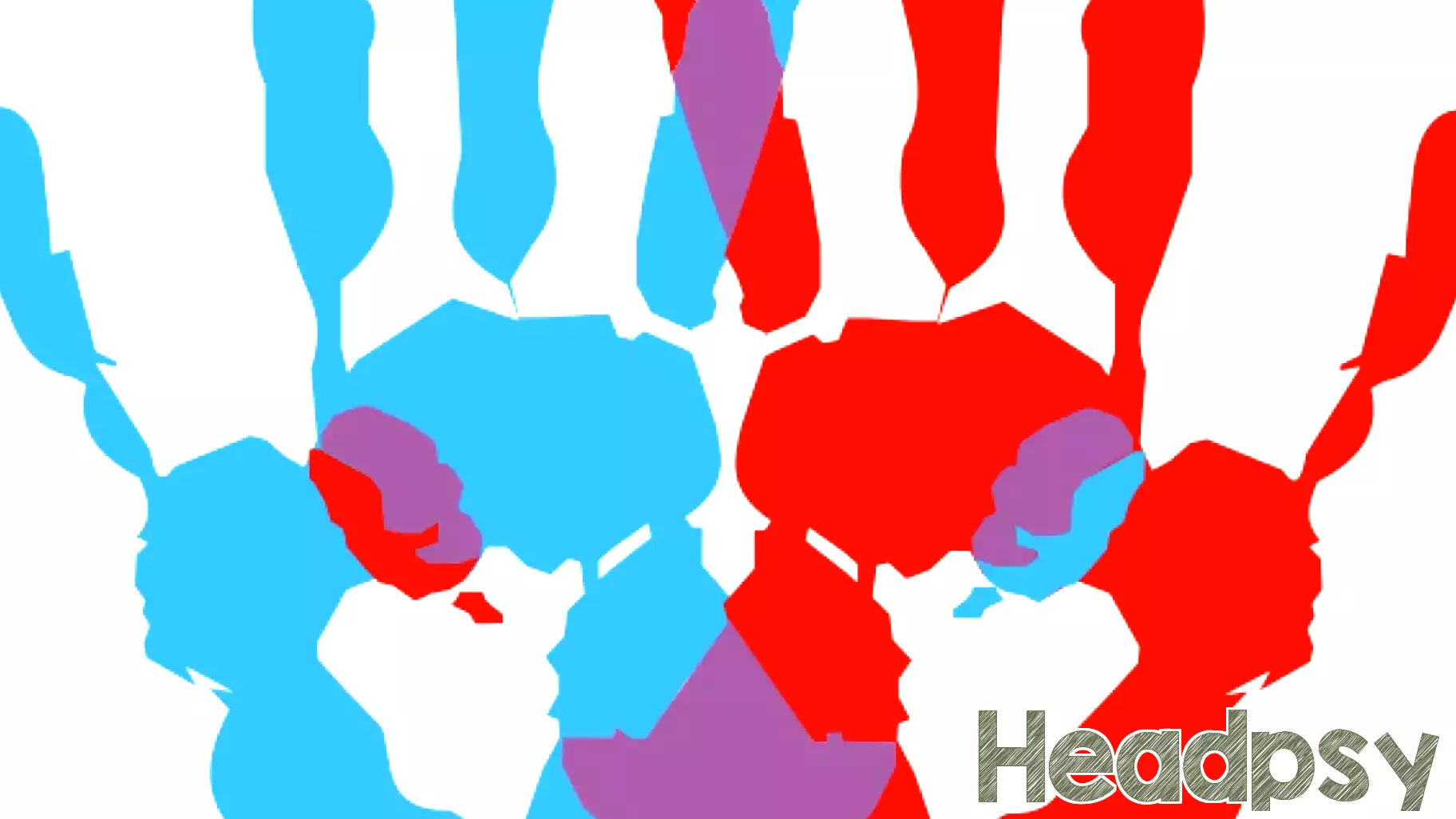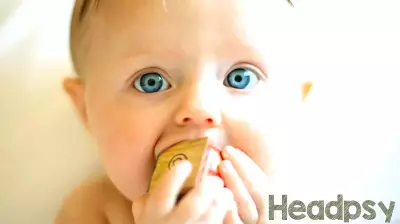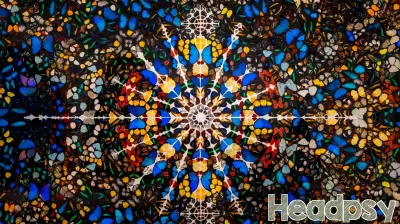The Impact of Undiagnosed Mixed Brain Dominance
May 1, 2025 - 22:37

Growing up with mixed brain dominance, I often ponder whether a formal diagnosis during my childhood would have altered the course of my life. Mixed brain dominance refers to a situation where neither hemisphere of the brain is predominantly in control, leading to unique cognitive and behavioral traits.
Reflecting on my experiences, I wonder how a diagnosis might have provided clarity and understanding. With a label, I could have received tailored educational support, potentially enhancing my learning experience and helping me navigate social interactions more effectively. On the flip side, a diagnosis might have led to limitations, as labels can sometimes constrain perceptions and expectations.
Ultimately, the question remains: Would a diagnosis have been a blessing or a burden? While it may have offered a framework for understanding myself, it could also have imposed restrictions that might hinder my personal growth. This internal conflict highlights the complexities of identity and the role that diagnoses play in shaping our lives.
MORE NEWS

February 21, 2026 - 01:50
Why Babies Are CuteHave you ever wondered why a baby`s face seems to command your attention and care? The answer lies in a powerful evolutionary design. Specific features like large eyes, round cheeks, and a small...

February 20, 2026 - 13:07
Love Eternal’s Uncanny Mix of Precision Platformers and Psychological HorrorThe indie gaming scene continually pushes boundaries, and the upcoming title Love Eternal is a striking example. It fuses the demanding skill ceiling of a precision platformer with the unsettling...

February 19, 2026 - 20:44
Hyperphantasia: When Imagination Is as Vivid as Real LifeFor most, imagination is a gentle whisper of images and ideas. For those with hyperphantasia, it is a roaring, full-sensory experience. This condition represents the extreme upper end of the...

February 19, 2026 - 03:54
What Happens Inside Prof. Frances Frei’s Office HoursWhat happens when leaders drop the performance and bring their real problems? A weekly ritual in trust, candor, and disciplined thinking offers an answer. For years, Professor Frances Frei has...